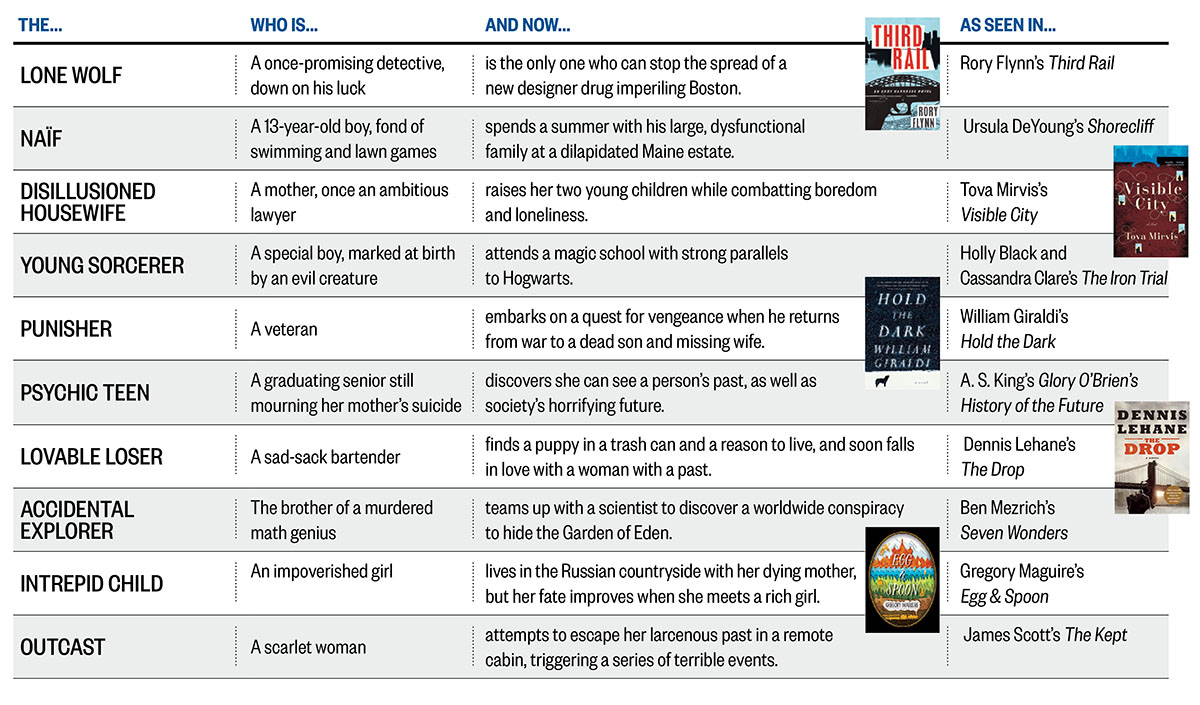Become a Famous Author in 10 Easy Steps

Photograph by JJ MIller
Boston, the venerated birthplace of American letters, continues to be a literary hub—such a vibrant hub, in fact, that if you’re not working on a book, there’s probably something wrong with you. In a town where it’s impossible to go to the grocery store without tripping over a dozen authors—novelists, essayists, academics, sundry technology and medical experts—it can feel mighty lonely when you don’t have a tome to call your own.
The shame of being unpublished can feel downright catastrophic in October, when the Boston Book Festival parades countless celebrated authors in front of an enraptured audience of thousands. What do they have that you don’t? We scoured the publishing world of Boston and beyond so that next year, you too can sign books under a tent in Copley Square.

It’s one thing to stroll into a cocktail party and tell everyone you’re a writer. It’s far more interesting to announce you’re a writer of dinosaur erotica. Ultimately, your choice of genre will determine whether or not you get on the bestseller list, so choose wisely.

1. Pet Noir
A mystery in which a human detective gets help from a sentient cat or dog.

2. Eldercore
In which an elderly person faces death alone.

3. Dinosaur Erotica
In which human women have graphic sex with dinosaurs.

4. Bizarro Fiction
In which people are thrust into strange, supernatural circumstances.
1. Massachusetts may be the only state that boasts two prominent pet-mystery writers: Cape Cod resident Spencer Quinn has penned several novels narrated by a dog named Chet, who sniffs out baddies with the help of his human friend, Bernie. Clea Simon, who lives in Somerville, has 19 novels about crime-solving pets, including a ghost kitty.
2. Sad geriatrics are suddenly literary gold: Kjersti A. Skomsvold’s The Faster I Walk, the Smaller I Am concerns the musings of an elderly widow; in Fiona McFarlane’s The Night Guest, an isolated widow is visited by a mysterious stranger; Rabih Alameddine’s An Unnecessary Woman concerns a superannuated divorcée who whiles away the solitary hours translating books into Arabic.
3. Last year, Christie Sims garnered worldwide attention by publishing several romances involving love affairs between lusty cavewomen and their prehistoric reptilian paramours, with catchy titles such as Taken by the T-Rex and Running from the Raptor. This burgeoning genre is ready made for success (and no doubt ripe for a round of spoofs as well).
4. Cameron Pierce, the author of Die You Doughnut Bastards and Abortion Arcade, defines his métier as “sometimes goofy, sometimes bloody, sometimes borderline pornographic, and almost always completely out there.” In spite of that, writes Carlton Mellik III (The Haunted Vagina), the genre has gained significant respect in the publishing industry.

So who’s the star of your novel? You could mine from your past and offend every one of your exes and family members. Option two: steal copiously from others. Here are 10 protagonists drawn from recent books by Boston-area novelists. Go ahead…hack away!

If your plan is to get famous fast, you’ll want to get familiar with the artists that keep these locals cranking out copy.
Ya Baby! String Quartet
The String Quartet Tribute to PJ Harvey
“I like to listen to music but can’t listen to anything with lyrics, and straight-up classical usually doesn’t put me in the right mood.” —Alden Jones, The Blind Masseuse
Regina Spektor
Begin to Hope
“When I was stuck on the final revisions of my last novel, my friend…sent me the song ‘Fidelity’ by Regina Spektor. It was perfect, and it worked!” —Susan Stinson, Spider in a Tree
Eminem
The Marshall Mathers LP
“I play loud music to get myself psyched up and jump around the room. Eminem is the artist I return to most frequently. The hardest part about writing is getting your energy high enough to get through a chapter without falling apart.” —Ben Mezrich, Seven Wonders
The White Stripes
B-Side Collection
“Jack White is a genius. My toddler loves him, too.” —William Giraldi, Busy Monsters and Hold the Dark

When you ditch the boss to create your opus, your pajamas may double as work clothes and your toothbrush may gather moss. Regardless, real writers still manage to get down to business every day. So now you must ask yourself: Am I a morning person?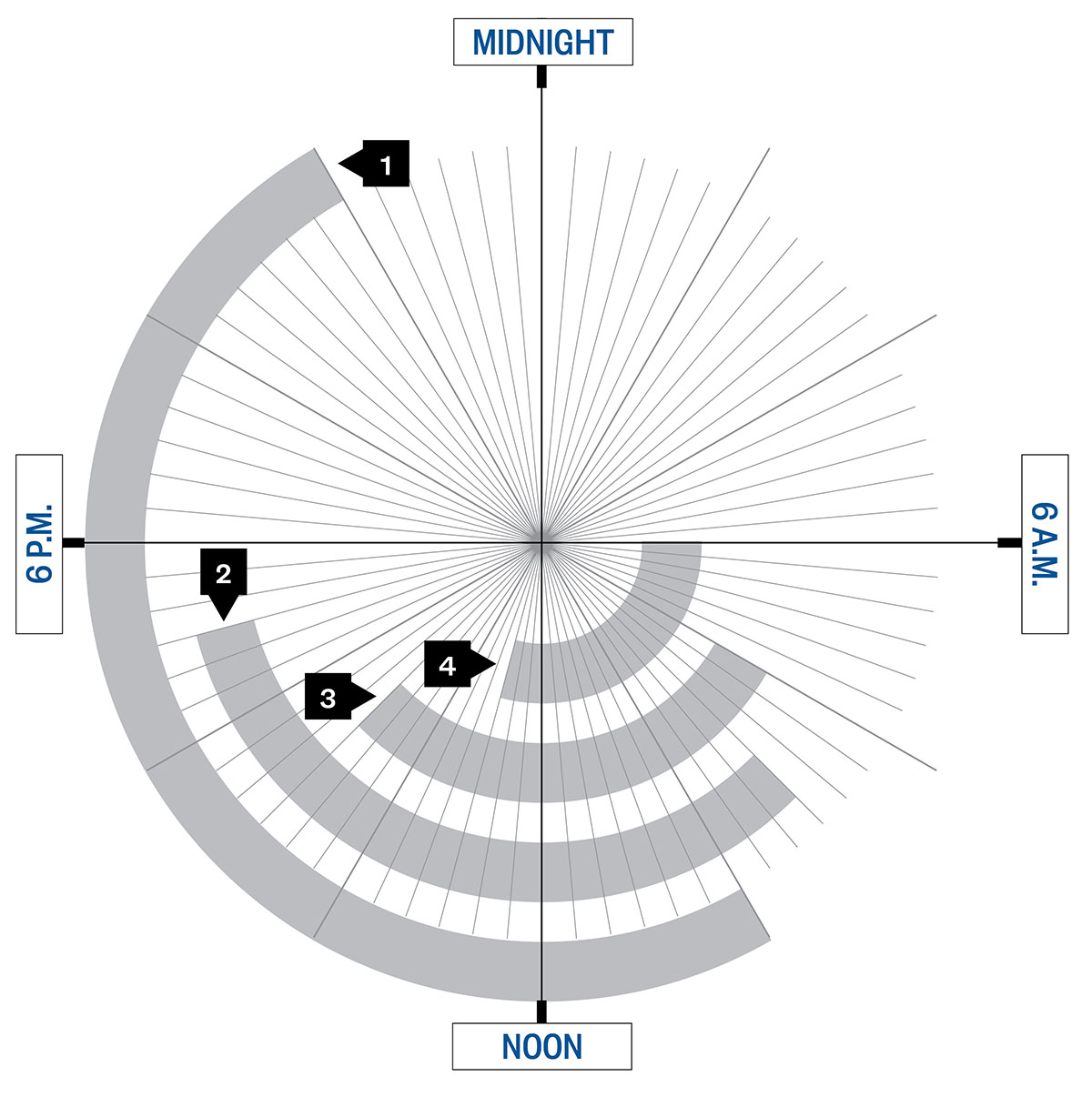
1. Whenever I’m Awake
10 a.m. to 10 p.m.
•Rebecca Goldstein
•Ben Mezrich
•Paul Harding
2. Business Hours
9 a.m. to 5 p.m.
•Doris Kearns
Goodwin
•Jill Lepore
3. When the Kids Are in School
8 a.m. to 3 p.m.
•William Giraldi
•Julia Glass
4. From Dawn to Lunchtime
6 a.m. to 1 p.m.
•Andre Dubus III

Great books are being written at this very second all over Greater Boston. Here’s where the magic happens for some of our top authors.


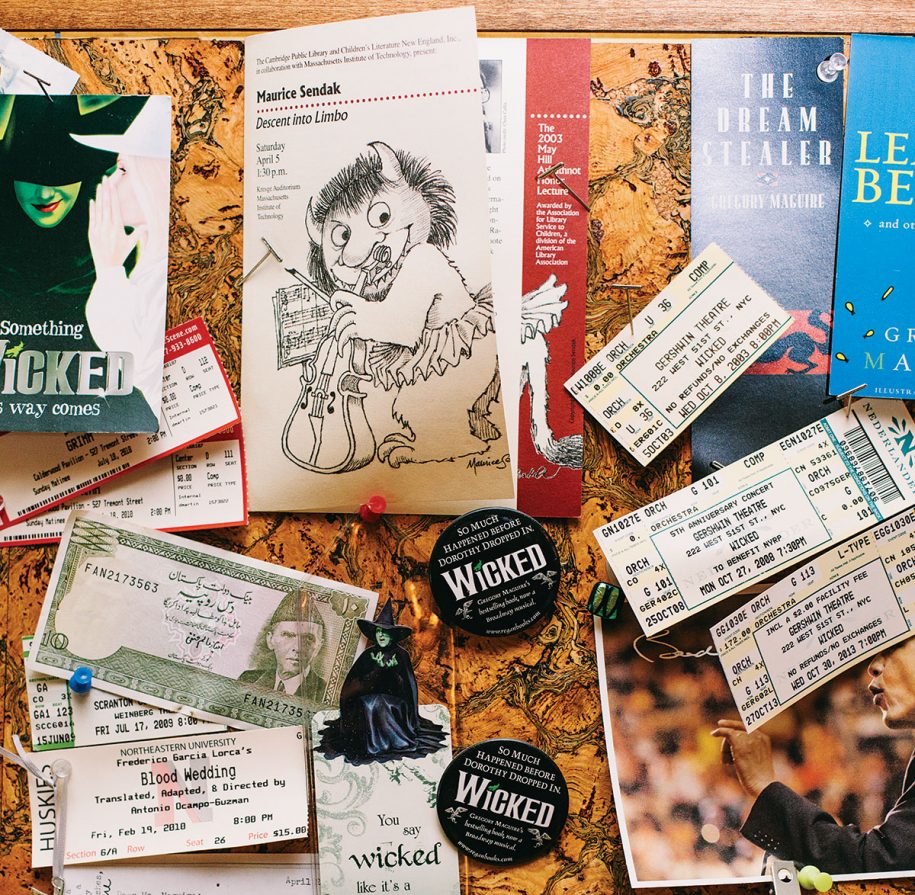

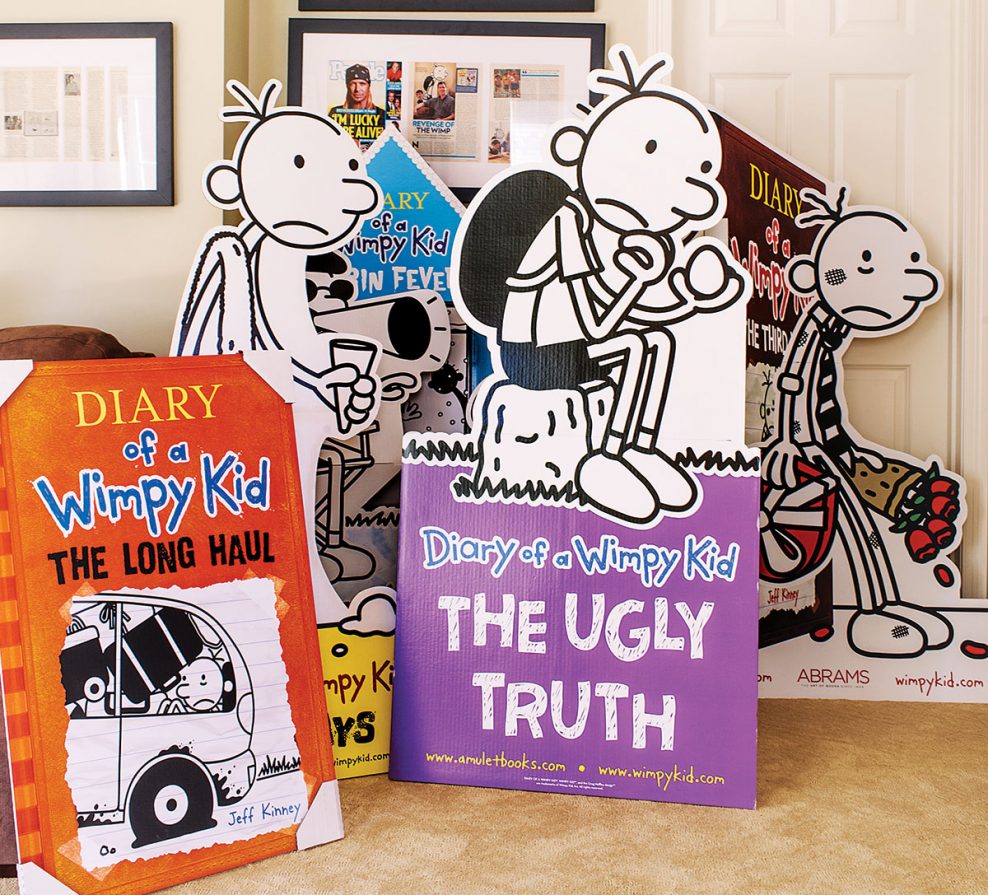



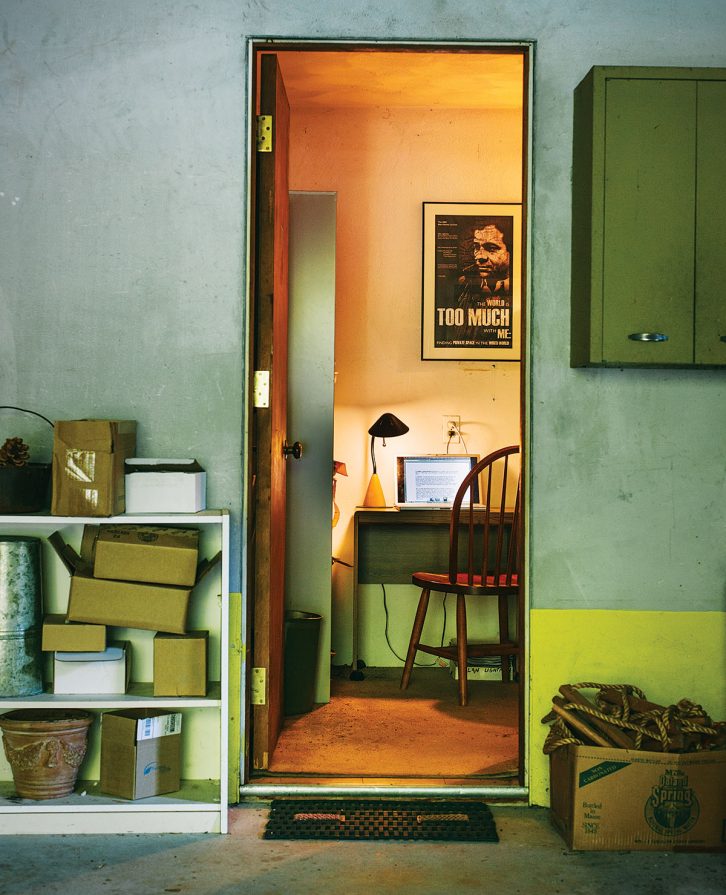

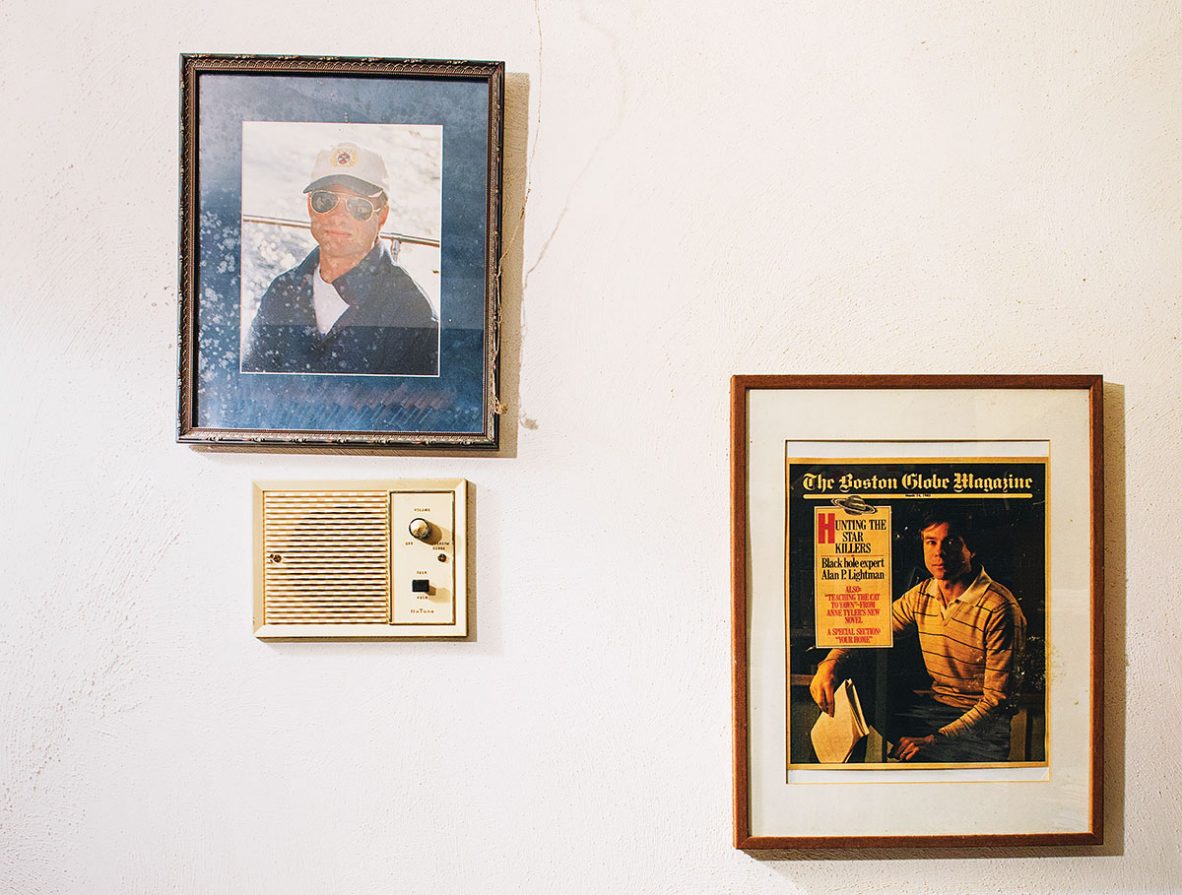

Arlington: Tom Perrotta (Little Children, The Leftovers) works in a second-floor home office, surrounded by guitars.
Plainville: Diary of a Wimpy Kid impresario Jeff Kinney bought the house next door to the one he lives in with his family and converted it into a studio/Wimpy Kid headquarters.
Cambridge: Gish Jen (Typical American, World and Town) and Claire Messud (The Woman Upstairs, The Emperor’s Children) share a sparsely outfitted space near Radcliffe.
Somerville: Joan Wickersham (The News from Spain, The Suicide Index) divides her working hours between her home and Porter Square coffee shops.
North End: Mystery writer Patricia Cornwell, creator of the internationally bestselling Dr. Kay Scarpetta series, works overlooking the ocean in a condo that contains a human skeleton.
South End: Sue Miller, author of The Arsonist and While I Was Gone, lives and works in a South End condominium with soundproof walls.
Back Bay: Scribe Ben Mezrich (The Accidental Billionaires) labors in a self-described man cave beneath his penthouse apartment in the Prudential Center.
Concord: Doris Kearns Goodwin (Team of Rivals), Alan Lightman (Einstein’s Dreams), and Gregory Maguire (Wicked) work in this town. Maguire’s office is decorated with art and painted eggs.
Lexington: The naturalist, philosopher, and novelist E. O. Wilson (On Human Nature) lives and writes in a retirement community where buildings are named for local universities.

From universities to Grub Street—home of themed writing classes geared toward the post-college set—Boston boasts plenty of places where you can improve your prose. But if the idea of exposing unedited work to a room full of strangers scares you, it should. “A writers’ workshop is 90 percent insecurity,” says a seasoned local writing professor who requested anonymity. “About half the people are there to become better writers, and the other half [are there] to feel like writers.” Beware of saboteurs, five of whom are described below

1. The Rebel
He sits there with his arms folded. You can’t teach him how to write. He already knows how to write. He’s going to show everyone else how it’s done. It’s a grizzled writer pose, which is really funny if it’s someone in his twenties.

2. The Crier
She comes to a workshop and knows what a workshop is and knows what is about to happen. She gets super- defensive and cries before anything even happens. You think, I can’t hurt this person’s feelings. She’s a wilting flower.

3. The Repeater
There’s always one person who brings in a piece of writing that is so obviously finished that everyone goes, “Oh my God, that’s amazing—you should get an agent.” But it’s often the only thing he’s ever written, and he trots it out at every workshop.
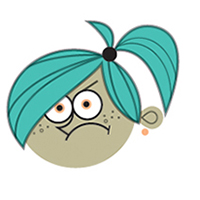
4. The Emotional Adolescent
She lashes out at everyone whenever her story is criticized, saying, “You just don’t get what I was doing.”

5. The Second Teacher
Through the course of a semester, he reveals himself to be an aspiring teacher. He dominates the conversation increasingly with each class. The use of the phrase “I didn’t feel you earned this ending” is a good indicator that at some point, he’ll go rogue.
ILLUSTRATIONS BY CHIP WASS.

Once your pièce de résistance is ready, you have three options for birthing it: send it to a literary agent, mail it directly to a publisher (good luck with that), or, ahem, publish it yourself. Here are two local professionals who deal with the commerce of art, so you don’t have to.

Katherine Flynn has been with Kneerim, Williams & Bloom in Boston for six years. She represents a range of writers, from the romance columnist-cum-novelist Meredith Goldstein to Kirk Johnson, the advocate for Iraqi immigrants.
Often, I will see something in someone’s writing and reach out to her. I email people who have a voice—you can see the person on the other side of the article or blog. Having a certain number of Twitter followers can get you an agent. Agents are feeling around in the dark about whether readers will respond to this book. We’re going on a gut instinct. But it’s also nice when it’s demonstrated and quantified in some way that this author has readers.
I get somewhere between 10 and 20 unsolicited queries a day. I look at all of them. I request one to two manuscripts or nonfiction proposals a week. If I’m hooked, I jump down a couple of paragraphs to where the author talks about herself. If it’s commercial fiction, then I don’t care so much about literary credentials—I’d probably just read the plot itself. If it’s a big military thriller and they were in the military, I want to know if they were in the CIA.
You should be able to describe your book in two paragraphs. A little confidence in one’s own work often goes a long way. It isn’t going to get you a book deal, but it’s not going to talk me out of reading it.

Paul Sennott is an attorney with Stern Shapiro Weissberg & Garin. He represents a number of authors, including Jeff Kinney.
I see two ends of the market. At the lower end are people who are self-publishing or one step up from self- publishing their work; an agent might not feel that they could make enough money for that sort of deal. If an author is well funded in other areas of their life, they see me.
The other is people with notoriety in their field who get approached out of the blue by a publisher and don’t know the publishing market. When the money is big, it makes more financial sense for them to pay a lawyer by the hour than to pay a percentage to an agent. We also will review and negotiate contracts. We can strategize how to limit exposure to defamation or copyright-infringement claims.
Established authors come to us once they’re presented with licensing opportunities. That’s when we start talking about brand protection. If you become a publishing franchise, your books become very valuable brand names, and people can and do try to rip you off all the time. When you’re dealing with kids’ products, you want to make sure you’re dealing with reputable firms so that a lot of schlocky things don’t end up on the market. Every kids’ market brand lives in fear of putting its name on a dangerous product.
FLYNN PHOTO COURTESY OF LUCY CLELAND. SENNOTT PHOTO PROVIDED.

It won’t happen to you. But if it does, rest assured that you’re not alone.
Alan Lightman
The most important aspect of being a writer, in my opinion, is to consider yourself your most important audience, to please yourself with your writing, and to not consider something finished until you have pleased yourself. After that, you just must persevere. And if you cannot get the piece published, you have at least pleased yourself. My first draft of Einstein’s Dreams was rejected by the first couple of publishers I sent it to. Then I thought I would send it to Salman Rushdie to read, because I sensed in him a kindred literary spirit. He was in hiding at the time (around 1991). So I found out who his literary agent was—Andrew Wylie—and sent it to him. I had very little hope of ever reaching Mr. Rushdie. But Mr. Wylie dutifully forwarded the manuscript to Mr. Rushdie, and within a couple of weeks I got a wonderful letter back.”
Ben Mezrich
I wrote nine novels in the year that I graduated college, and I got 190 rejection slips. I had them taped all over the walls. I was even rejected by a janitor at a publishing house. I wrote a manuscript and sent it to an editor who no longer worked there, and someone threw it in the garbage can. The janitor took it out, read it, and rejected it. But I kept writing, and eventually an editor took pity on me: Jon Karp. He’s the head of Simon and Schuster now. He said, “I’m not going to read any of the crap that you’ve been writing, but go read John Grisham and Michael Crichton and get back to me.” I read all these thrillers, and then I wrote a medical thriller. I sold my first book when I was 25. Nobody read it. Nobody actually read any of my stuff until Bringing Down the House, six books later.

To hell with publishers’ advances—everyone knows the real money’s in the movies. These Boston-area scribes got to see their books come to life, and their bank accounts grow accordingly.


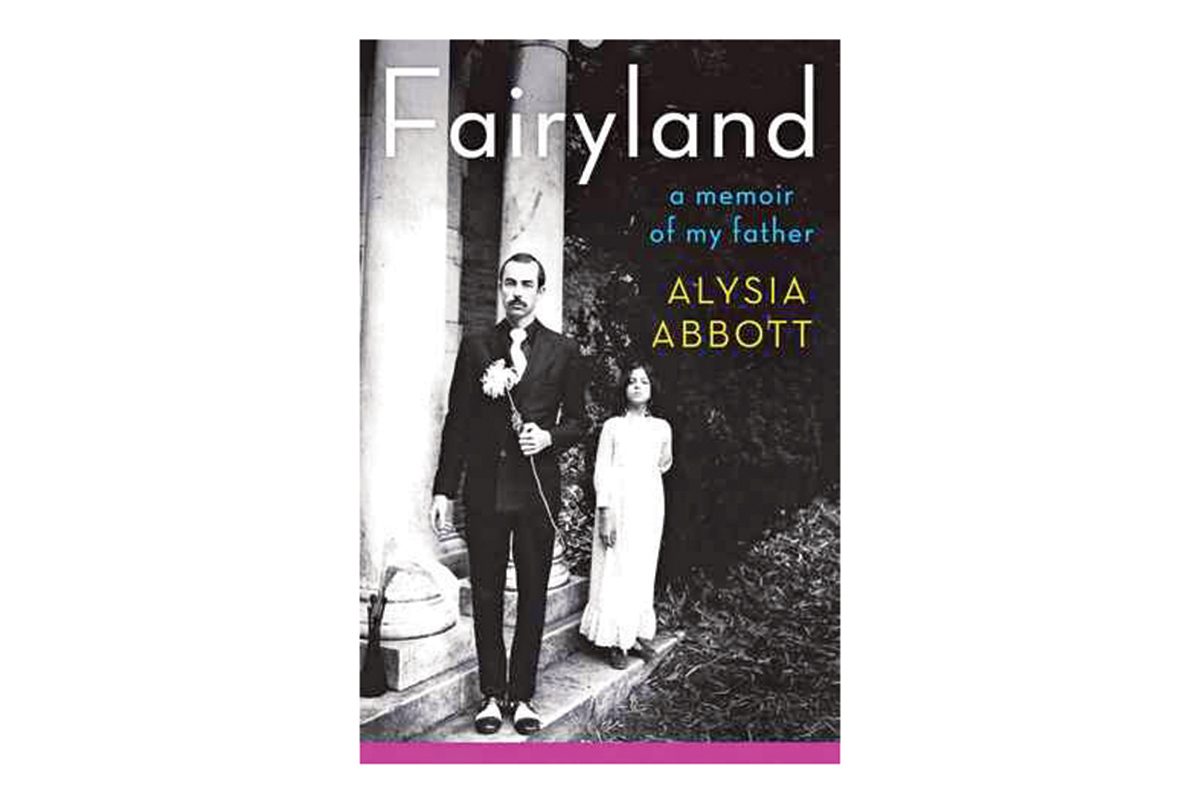

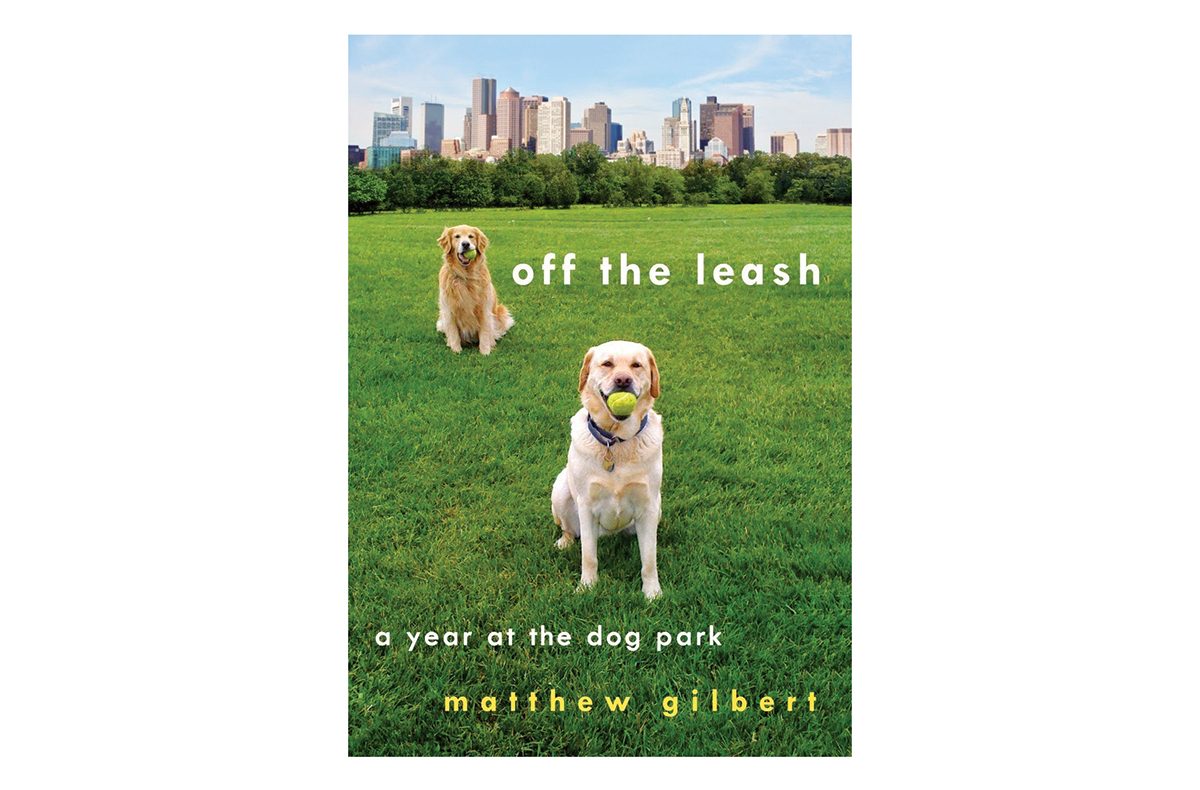

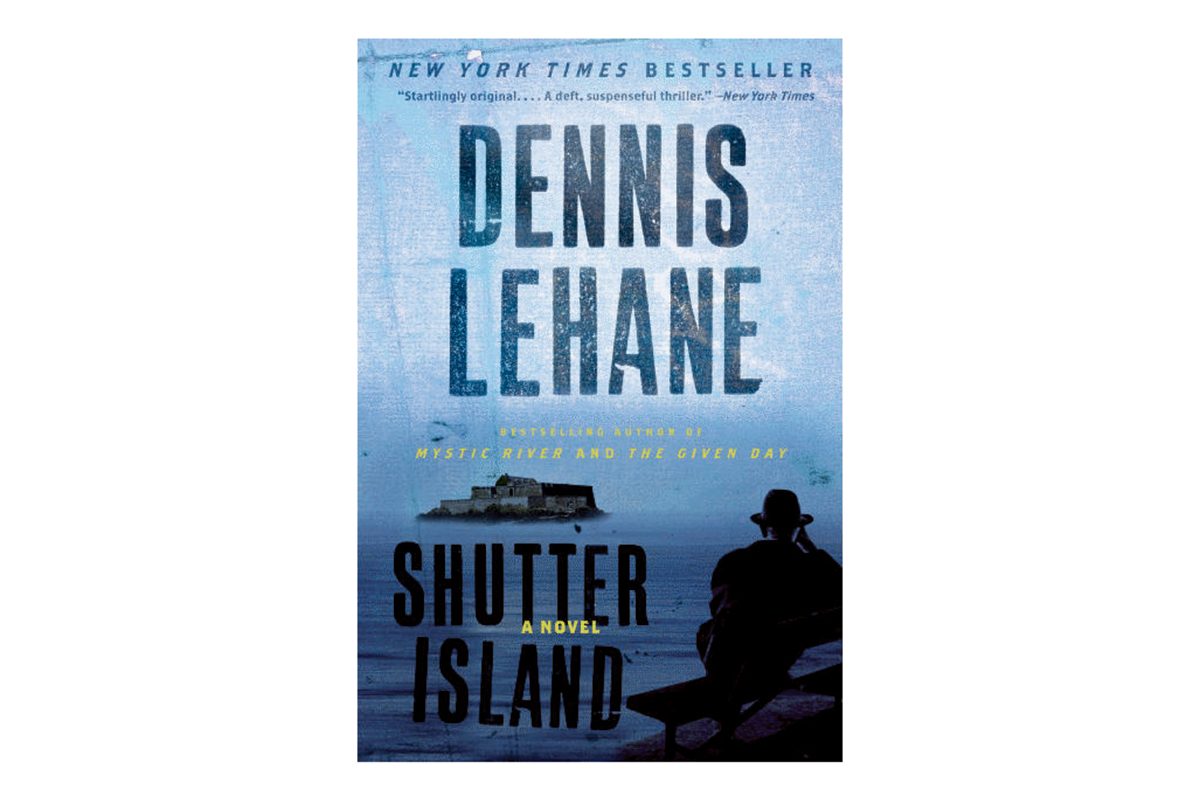

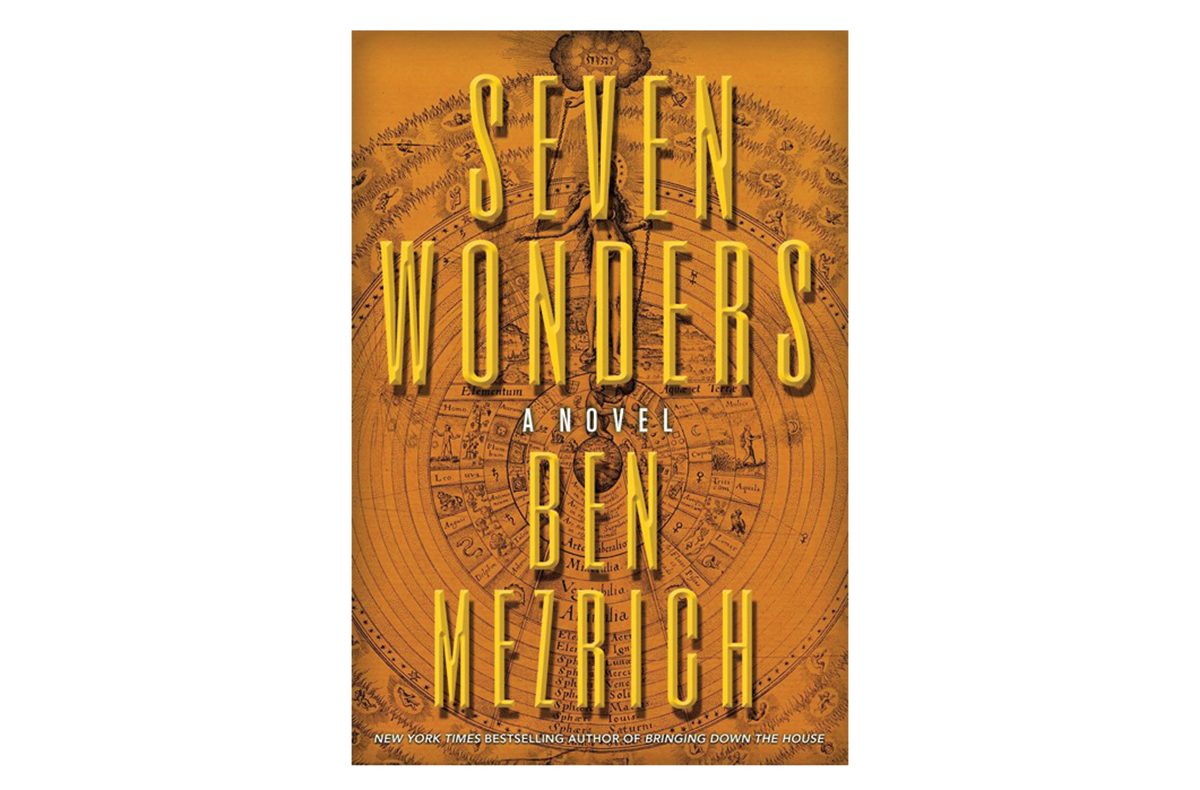


You’ve written a book and optioned it for the screen. Guess what? You’re still a nobody. Now you’ve got to make nice with the most important people in the business: the underpaid, overeducated bookstore staff, whose recommendations may determine whether you sell big or end up in the remainder bin. “Recognizing a bookseller’s humanity on a very basic level will grant you a lot of privileges,” says a former Boston-area bookseller who coordinated hundreds of author readings. Here, our expert reveals 10 ways to distinguish yourself from the herd— for better, or for worse.
1. Don’t call the store asking for your own book.
We know it’s you, especially when you say, “Don’t put it on hold for me.”
2. Don’t tweet displeasure.
We didn’t know we were supposed to meet one famous comedian in his limo, so he passive-aggressively tweeted at the bookstore.
3. Don’t treat the bookseller like a personal valet.
Someone once made me put her coat on her.
4. Don’t ramble on. And on.
We often suggest authors keep their readings short, because after a while, the audience will begin to tune out. Recently, someone read for 45 minutes—multiple chapters from the book. I had suggested before the event for him to keep the reading to 10 to 15 minutes.
5. Do feed the audience copiously.
Those in attendance will probably take half the food home. A nice author once brought in two Brie wheels, and I watched our worst customer put one in her pocket.
6. Don’t knock the décor.
We held a workshop with a local writing coach, and she made fun of the tablecloths. That’ll guarantee she’ll never get booked again.
7. Don’t get too creative.
A cult author used four different pens with each book in a 100-person signing line to do an elaborate signature on everybody’s book. He thought a lot of himself.
8. Do bring friends.
There was this young poet woman whose adviser was in the crowd. She was moaning that there were five people there, and he had to talk her down. It was the middle of July, and nobody goes to poetry events.
9. Don’t get frisky with the staff.
A famous male author sent my coworker suggestive emails. She just pretended it wasn’t happening. She ended up meeting a whole bunch of other booksellers this happened to at a conference.
10. Don’t bring Barney Frank.
There’s a guy we had that was just the absolute worst. The only way he got his event was by whining to the manager. He corrected the copy we wrote for the calendar to highlight his relationship with Barney Frank. He somehow managed to get Barney Frank to come to the event. We only sold nine books.
